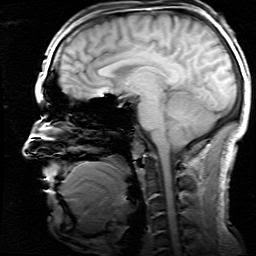80 Shilling Ale
- 10 lbs. Maris Otter malt (Thomas Fawcett brand)
- 0.25 lb. roasted barley
- 1 oz. Cluster hops pellets (6.8% alpha, boil 60 minutes)
- 1 Whirlfloc tablet (boiled for 8 minutes)
- 1 pkg. Edinburgh Ale yeast (WLP028), prepared in 1.5 L starter, with spent starter decanted
Procedure
- Four days in advance, I prepared a 1.5 L starter use extra light DME and yeast nutrients. After 2 days on the stir plate, I cold-crashed the starter in order to settle the yeast.
- I mashed in the grains with 4 gallons of water at 169°. This resulted in a mash temperature of 157°, which was down to 154.6° after 30 minutes.
- Next, I vorlaufed and collected 2.2 gallons of wort. I brought this to a hard boil for 30 minutes (pictured at right), which brought the wort down to 1.6 gallons.
- I added the barley to the mash tun and then added 5.25 gallons of water at 175°. I let this sit for 10 minutes, vorlaufed, and then drained the mash tun into the kettle until I had a total of 6.4 gallons of wort. With the two rounds of wort and a total of 6.4 gallons, this worked out to around 74% efficiency.
- I started the boil and added the hops. Because my hops bags were all in use for dry-hopping and because I didn't want to get out the hop spider, I just tossed the pellets into the pot directly.
- I boiled for a total of 60 minutes. With eight minutes remaining, I added a Whirlfloc pellet.
- I chilled the wort down to 76° using my cooling coil and transferred the wort to the fermenter. This was the point where I realized the lack of hops bag was a mistake; hops matter clogged my screen pretty quickly, so I decided to just dump the wort into the fermenter directly. Lesson learned!
- The starting gravity was 1.053, with around 6 gallons in the fermenter. I plan to start fermentation at 67°. Although the original recipe suggested 62°, White Labs results indicated that the lower temperature could potentially tend to stall out with their strain.
- This batch was brewed on November 14, 2015. I plan to ferment for around two weeks before kegging.


No comments:
Post a Comment